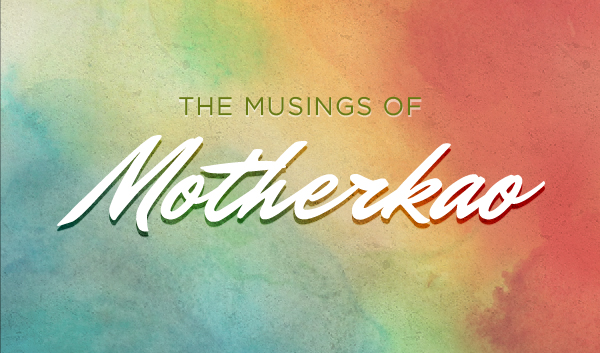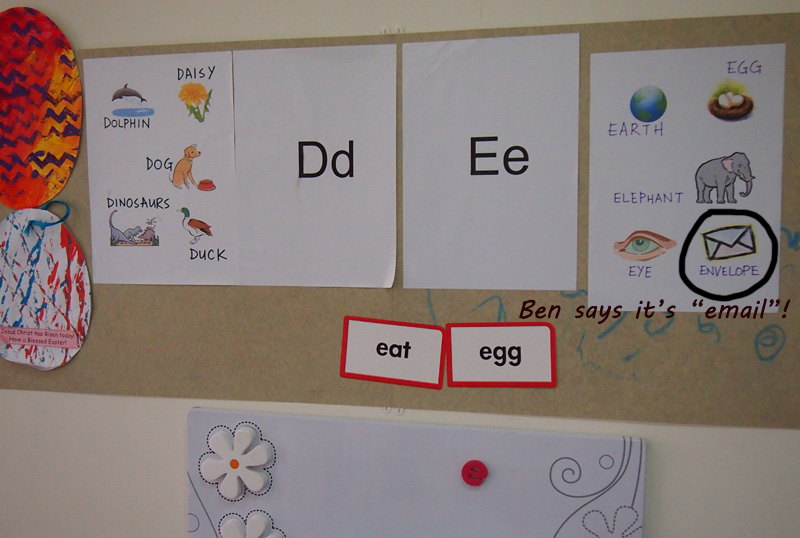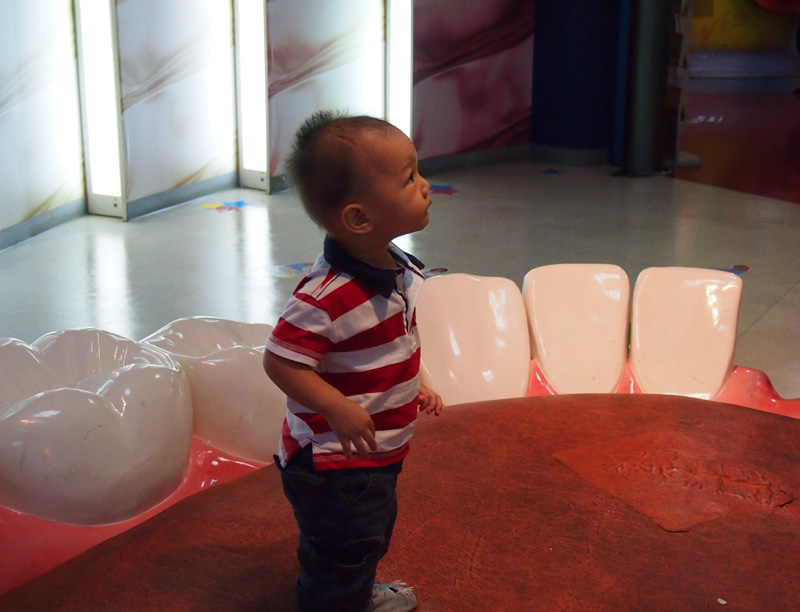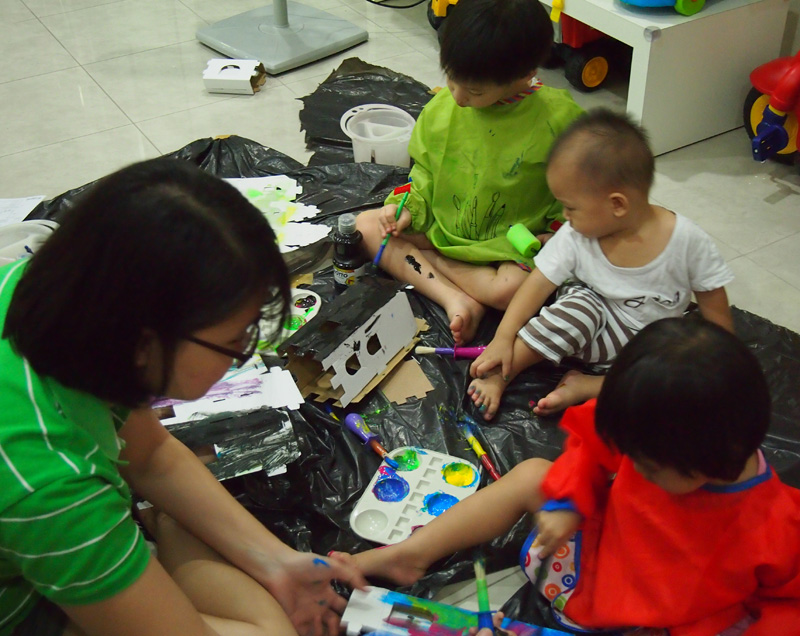I’m not sure if you’ve heard about the Birth Order Guy, but he’s one expert that I’ve been consulting a lot these days.
You see, this guy (God bless you richly, Dr Leman!) is a psychologist, award-winning author and seasoned counselor with years of research experience on birth order, and how birth order affects personality, marriage, relationships, parenting style and children. He’ll tell you that your birth order can play a significant part in your success and your personality, and generally the direction of your life; that your birth order affects the way you parent your child; and even go as far to offer insight as to which birth order pairs make the perfect pairing in marriage. (Fatherkao, if you’re reading this, do you know Dr Leman says “first born plus first born equals power struggle”? That explains a lot of things huh! Haha.)
So I’ve been in this situation lately where it doesn’t take a rocket scientist to figure out that all three of my children are distinctively and remarkably different, and I badly need to know how to parent my three kids effectively, and meaningfully, according to their bents.
Very clearly, these kids need to be parented in different ways, and understood accordingly. I need to break out of a one-size-fits-all mother mould.
Parenting The Firstborn
If Ben didn’t have siblings, he’d be the firstborn and only child. He had fatherkao and I all to himself for the first 18 months of his life and our undivided attention. Probably explains a lot about the whining, complaining and comparing. Deep down, I know he still wishes to be the only baby in the family.
#1 : With Ben, I must try not to be an “Improver”. As the firstborn, he already feels the need to be perfect in every way. He is eager to please and keen on making things right so we can be happy. I must learn not to add pressure and unreasonable expectations to feed that perfectionistic streak he might already have.
This is what Dr Leman gives as an example:
“For instance, let’s say you ask your oldest son to make his bed. Being a firstborn he will, of course, seek your approval and want you to see the finished task. If you tell him it looks good but then proceed to fluff the pillow and straighten out wrinkles in the bedspread, you send the message that he could have done better.”
#2 : Take Two-On-One Time: Firstborns often feel that parents don’t pay much attention to them because they’re always concentrating on the younger ones in the family. They often enjoy adult company more than any other child in the family, and respond to adult company better. One tip for parenting the firstborn is to make a special effort to get the firstborn to go out with dad and mum alone; this means we must try to make time to be with Ben exclusively – just the three of us.
Parenting The Middle Child
This is a tricky one, and the trickiest bit in parenting, in my opinion. I’ve never had an easy time with my middle child, and because the difference between the middle child and the firstborn can manifest in so many ways, even the experts will tell you it’s a whole new level altogether to parent the middle one. I guess if I never had the last kid, Becks would never experience the middle child syndrome; but since we have three and I can’t change this fact, it’s important that I learn (even if it’s for an entire lifetime) how to handle her.
#1 : Middle children tend to avoid sharing how they really feel. And Becks is less direct in expressing her thoughts. She uses crying and tantrums a lot, and calms down only when attention is given. Even then, she doesn’t share much. The Birth Order Guy has this to say:
“Although it’s important to set aside time to talk to all of your children, it’s particularly important to make this happen with the middle child because he is least likely to insist on his fair share of time.
#2 : Empowerment is important for the middle child so she can feel special. This will help alleviate feelings of always being overshadowed by older and younger siblings. Becks likes to feel important (and I’m sure we all do!), and we need to let her make some decisions for the family so she can feel a sense of significance. I’m going to start with letting her decide what the family would eat for dessert and what fruit she and her brother would bring to school for Tuesday’s Fruit Day.
Parenting The Lastborn
My littlest knows he is the baby of the family. He acts like it and at 15 months, is showing signs of using this knowledge to his advantage to get away with things. He plays well with his siblings but expects (yes, you’re right, he expects) all of us to give in to him. And yes, he often gets his way.
#1 : With the lastborn, I need to stick to the rules because the older ones are watching me closely. The same rules for discipline apply to him as to the older ones, age appropriate, of course.
#2 : When he gets older, he needs to be given responsibilities, as well as be duly applauded for his accomplishments. Lastborns often wind up with less to do around the house and are well known for feeling that nothing they do is important. They are the happy-go-lucky sort, so it’s important to instill a sense of responsibility to help them establish significance.
Someone once said that the deeper the understanding of the nuances of personality, the better a teacher, guardian or parent can specifically guide, respond and support our children towards the fulfillment of the purpose for which they were conceived. I want to do just that, so that everyday, I can be a better mum.
P.S: Of course, nobody likes to hear that something that’s beyond our control (our birth order, that is) can somewhat determine so many aspects of our lives, but understanding general personality traits both of myself and my children by birth order can greatly speed up this process of figuring them out, and how to be appropriate. I am never one to subscribe to stereotypes, and will always look out for exceptions in my kids as I parent them.




































































